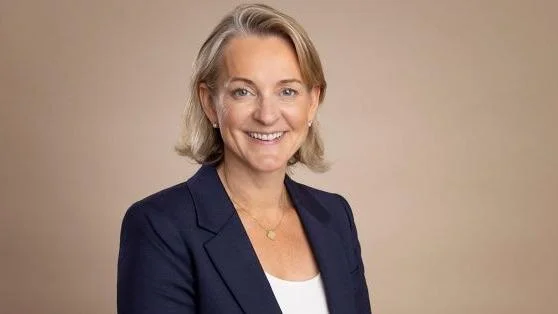New analysis from Barclays shows that the UK's investment gap increased by more than 30 percent between 2022 and 2024. Around 15 million adults in the UK now hold over £610 billion in cash that could potentially be invested. This estimate is based on savers who already have more than six months’ income in cash savings.
Barclays attributes the growth of this investment gap mainly to rising interest rates. The Bank of England raised its base rate from 1.0 percent in May 2022 to 5.25 percent by May 2024. As a result, cash savings grew both through accrued interest and changes in saver behavior. Barclays estimates that about £35 billion of the increase was due to interest accrual alone, accounting for nearly a quarter of the observed rise.
The bank also notes that higher interest rates made savings accounts more appealing, especially amid ongoing geopolitical instability such as conflicts in Ukraine and the Middle East, which led some investors to see traditional investments as riskier options.
Data from Barclays shows that the number of people with significant cash savings rose from approximately 13.2 million in 2022 to almost 15 million in 2024, while total cash savings increased from £762.7 billion to £964.26 billion during this period.
Barclays has published two reports over the past year recommending regulatory changes and consumer support measures to address this gap: ‘Empowering retail savers to engage with investing' and ‘A New Message to Tell Sid’. Many recommendations are being considered through government initiatives like the Advice Guidance Boundary Review and a new nationwide retail investment campaign chaired by Sasha Wiggins, CEO of Barclays Private Bank & Wealth Management.
Sasha Wiggins stated: "Investing can deliver better financial outcomes for individuals and supports economic growth. However, the UK’s investment gap has grown by over 30 per cent in just two years, emphasising that significant efforts are still required to transform the UK into a nation of investors.
“In recent months, we have seen collaborative action and positive steps from regulators and policymakers – the Advice Guidance Boundary Review and the retail investment reforms announced by the Chancellor in her Mansion House speech present a unique opportunity to reshape the UK’s investment culture. The task now is to turn these reforms into lasting behavioural change, helping savers feel confident, supported and better able to understand risk. That focus on building confidence will be central to industry's work as part of the UK’s new retail investment campaign."
Barclays suggests further support measures such as an FCA-accredited badge for entry-level investment products and simpler sign-up processes for these products. The bank also recommends developing easy-to-access comparison tables so consumers can compare entry-level financial products side-by-side.
The findings are based on data from surveys conducted by the Financial Conduct Authority (FCA) in both 2022 and 2024 as well as population estimates provided by official bodies including the Office for National Statistics (ONS) and Office for Budget Responsibility.

